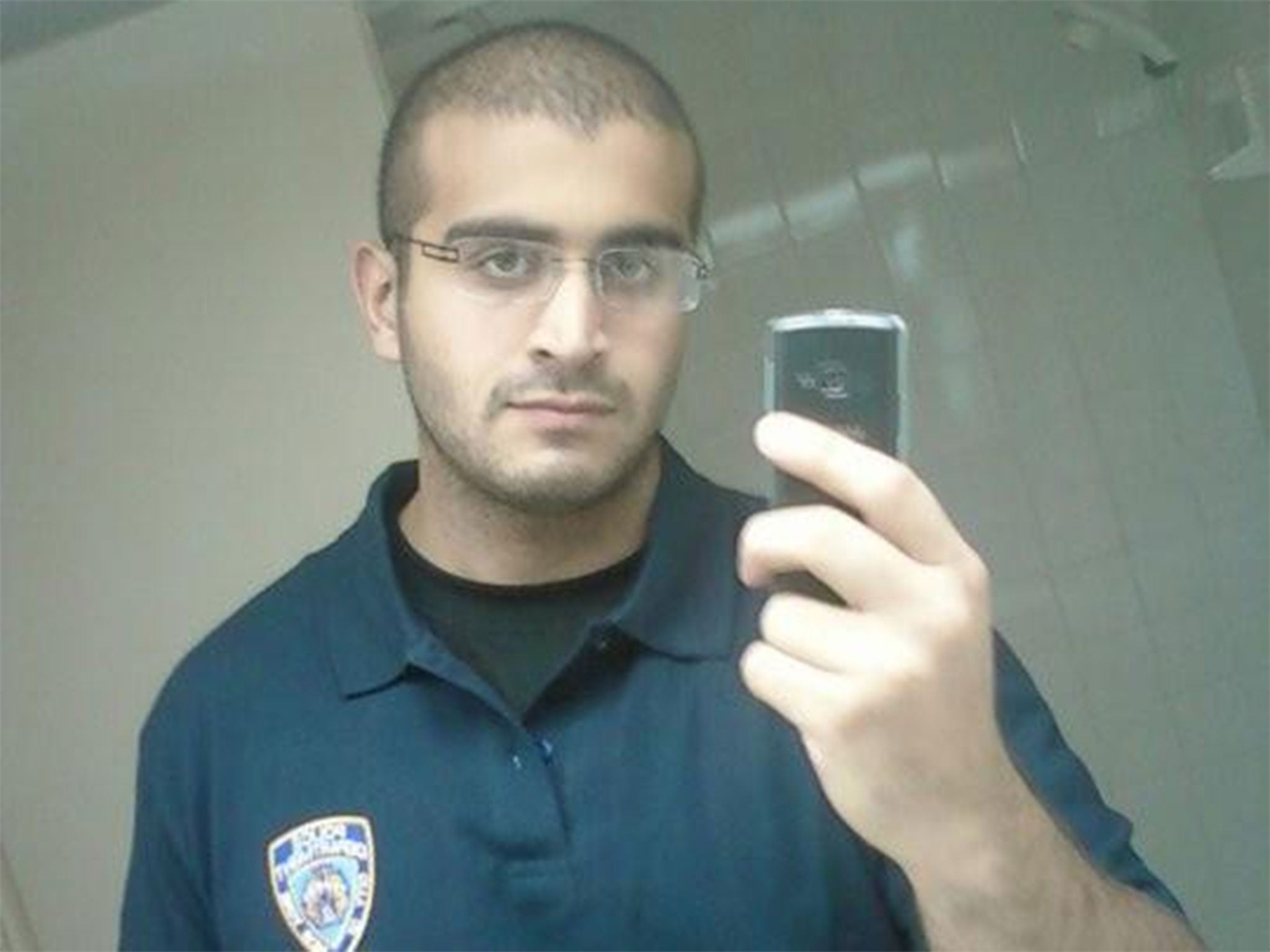Think Omar Mateen must have been mentally ill to shoot 49 people dead? Sorry, that's too simple
A sick act demands a sick mind, surely? That seems reasonable until you follow your own logic down a rabbit-hole of unintended prejudice


Was Omar Mateen, the Orlando shooter who killed 49 people in a gay club this weekend, mentally ill? He certainly seems to have harboured some seriously disturbing thoughts, but as far as diagnoses from official sources go, nothing has been forthcoming.
Instead, we’ve been treated to a deluge of online armchair psychiatrists declaring that he was “mentally unstable”, “probably mentally unwell” or “showing signs of mental ill health”. If you think people Googling their cold symptoms and becoming convinced they’re dying of cancer is bad, you should see the open-source diagnostic love-in that goes on every time somebody commits a truly atrocious crime.
Our rush to call a killer mentally ill seems to come from a sort of wonky well-meaning: people assume that in order to commit a massacre or a particularly sadistic murder, the perpetrator would have to be in a state of mind so utterly different to any normal person that they may as well qualify as unwell. A sick act, surely, demands a sick mind.
That seems reasonable, until you follow your own logic down a rabbit-hole of unintended prejudice.
None of us wants to think that we’re a potential murderer, a baby shaker, or a rapist; I get that. But invoking “mental health” as the sole and isolated reason for a 49-body massacre does us no favours as a society. It’s a convenient way to dismiss a very inconvenient truth: that any one of us has the potential, given the right set of circumstances, to do something terrible.
When you go about openly wondering whether Mateen might have had a touch of bipolar or some schizophrenic tendencies, or could have been in the midst of a major depressive episode, you also perpetuate some very dangerous ideas about people with mental illness.
We each want to separate ourselves from the dark and depraved rabble with the ability to commit violent crimes. Antenatal classes that discuss the risk of shaking tiny babies, for example, have anecdotally low attendance rates: everybody thinks to themselves, it would never be me.
Claiming someone was mentally ill when they committed a terrible crime is an extension of this type of thinking. The self-appointed shrinks who’ll tell you a murderer was mentally unstable are people who have never suffered from mental illness themselves. Their offhand comments about are little more than a classic exercise in ‘othering’. By claiming that Mateen must have suffered from an illness that, happily, most people aren’t afflicted with, they hold his crimes at arm’s length; they reassure themselves that people like them aren’t the type who’d do anything like that. Hence the friends and family wheeled out every time this happens who say, about their perfectly normal-seeming son, “But I didn’t think someone like him would do that.”
You can’t protect yourself from violent crime by avoiding people with mental illness – not even the ones with that hysteria-inducing disorder paranoid schizophrenia. But you can protect mentally ill people from the burden of unnecessary prejudice by being smarter about how you label murderers.
Those who carry out atrocities may have harboured ideas you find objectionable or disturbing, but the fact that you take issue with the contents of their mental lives doesn’t mean they were suffering from mental illness.
Perhaps Omar Mateen was radicalised over the internet by Islamist fundamentalists based in Syria. Perhaps he was a self-hating gay man raised in a homophobic household. Perhaps he was an aggressive social outcast and wife-beater who lived in a country where it’s easier to buy a gun than good quality cheese. Perhaps he really did have a diagnosable mental illness that affected his perception of reality.
Perhaps all of the above is true. But even if it is, that doesn’t mean he or the society that drove him to this atrocity is off the hook. The problems that lead to the death of 49 gay people in an Orlando nightclub at the hands of a regular clubber are far bigger than one person’s mind.
Join our commenting forum
Join thought-provoking conversations, follow other Independent readers and see their replies
Comments
Bookmark popover
Removed from bookmarks